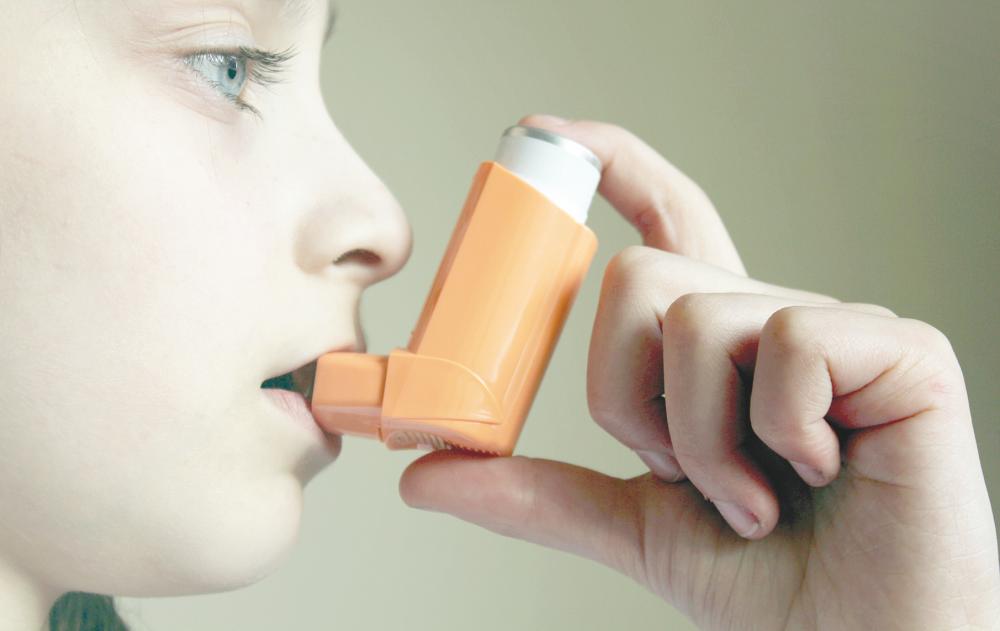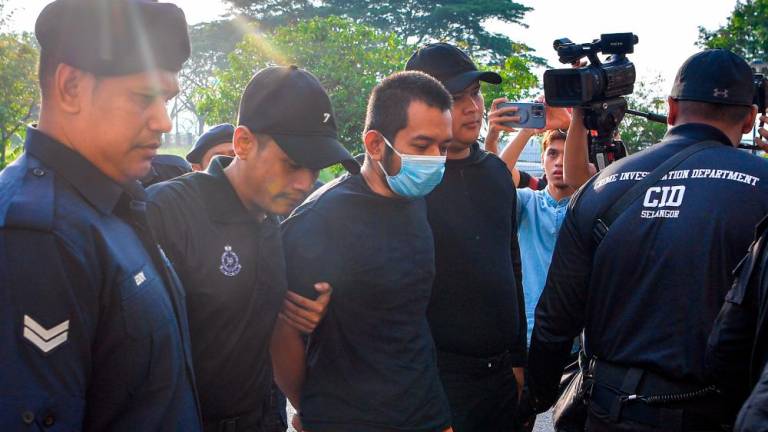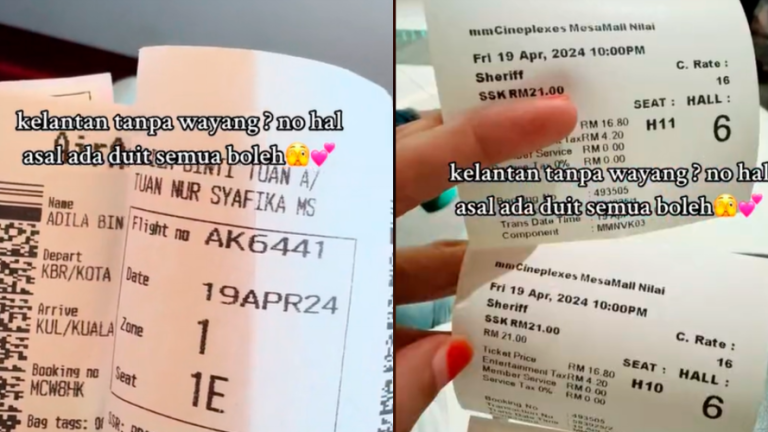TEMPORARY teacher Abdul Hadi Zulkifli, who has been suffering from asthma since childhood, has been very anxious ever since the Covid-19 pandemic started.
Not a day goes by without the spectre of infection worrying him as there is evidence that asthmatic individuals may face a higher risk of getting very sick from Covid-19.
Wearing a mask can be suffocating for those with asthma but Abdul Hadi, 28, cannot afford to leave home without wearing one.
“Just imagine, for those with asthma like me who tend to wheeze and feel nauseous, wearing a mask can be a very agitating experience. If I feel my chest getting tight, I need to immediately use my reliever (a short-acting beta2-agonist or SABA inhaler that provides quick relief of asthma symptoms),” he said.
Asthma is a long-term disease of the lungs that can cause the airways to get inflamed and become narrow, thus making it hard to breathe.
According to the Global Asthma Report 2018, asthma affected 339 million people worldwide. By 2025, the number is expected to increase to 400 million. In Malaysia, there are currently about two million asthma patients.
HIGHER RISK
Global Initiative for Asthma (GINA), a United States-based organisation that works with healthcare professionals and public health officials around the world to reduce asthma prevalence, morbidity and mortality, noted in its GINA Report 2020 that there is robust evidence that individuals with moderate to severe asthma may be at higher risk of getting very sick from Covid-19.
Covid-19 affects the respiratory system and can be a cause for an asthma exacerbation, possibly leading to pneumonia and acute respiratory disease, according to the report.
The GINA report stated that nebulisers should, whenever possible, be avoided for acute attacks due to the increased risk of transmitting Covid-19 to other patients and to physicians, nurses and other health personnel.
A nebuliser is a drug delivery device used to administer medication in the form of a mist inhaled into the lungs.
The United States-based Centre for Disease Control and Prevention has also said that the presence of Covid-19 is an added concern for those with asthma as patients with poorly-controlled asthma have a higher risk of complications from the viral infection.
CAN BE HAZARDOUS
The GINA Report 2020, meanwhile, also updated the latest asthma management guidelines where it no longer recommends SABA inhalers to relieve asthma symptoms while also emphasising the danger of overusing it, namely more than twice a week.
It said: “People with asthma should continue all their inhaled medication including inhaled corticosteroids (ICS) as prescribed by their doctor; and as for acute asthma attacks, patients should urgently see their healthcare provider to prevent escalation of the condition.”
Consultant respiratory physician and co-founder of Asthma Malaysia Dr Helmy Haja Mydin also supported the GINA report, saying that excessive use or dependence on SABA inhalers can potentially mask the underlying severity of the disease, which may then increase morbidity and mortality rates.
“Patients who need their ‘reliever’ inhaler more than twice a week are viewed as not having good asthma control, and this increases the risk of a severe asthma attack.
“It is important to understand that the ‘controller’ inhalers are the ones that address the underlying problem and if patients only use the ‘reliever’ inhaler, the condition is prolonged with risk of increased complications,” he said when met recently at the launch of the Kawal Lelah Sebelum Parah (Control Asthma Before It Gets Severe) campaign.
The campaign is organised by Asthma Malaysia and biopharmaceutical company AstraZeneca Malaysia to raise public awareness on proper asthma management.
The new guidelines for asthma management recommend a combination of ICS alongside reliever medication. The ICS acts as a controller medication that reduces the risk of severe exacerbation, particularly for those with poorly-controlled asthma.
Dr Helmy said although there is no cure for asthma, the condition can be well controlled via good symptom management, usage of reliever medication no more than twice a week and having no nocturnal symptoms and no limitation to normal levels of activity.
“However, due to poor adherence and incorrect use of treatment, only six percent of patients achieve good asthma control,” he said.
EDUCATE THE PUBLIC
On the Kawal Lelah Sebelum Parah campaign, Dr Helmy said Asthma Malaysia has partnered with various professional organisations and private entities to educate the public, as well as healthcare professionals, on the importance of breaking the chain of over-reliance on SABA inhalers.
The campaign was launched by Special Advisor to the Prime Minister on Public Health Tan Sri Jemilah Mahmood.
AstraZeneca Malaysia country president Dr Sanjeev Panchal, who was also present at the launch of the campaign, said: “We recognise there are gaps in overall asthma management care, and therefore it is important for us to partner with the right organisation to create an integrated holistic ecosystem that brings benefits and support for the whole patient experience.”
He said this collaborative effort is meaningful as it enables them to create a patient-centric ecosystem that addresses the gaps in the treatment of asthma patients.
“We also want to empower and help them play an active part in managing their health,” he added. – Bernama













